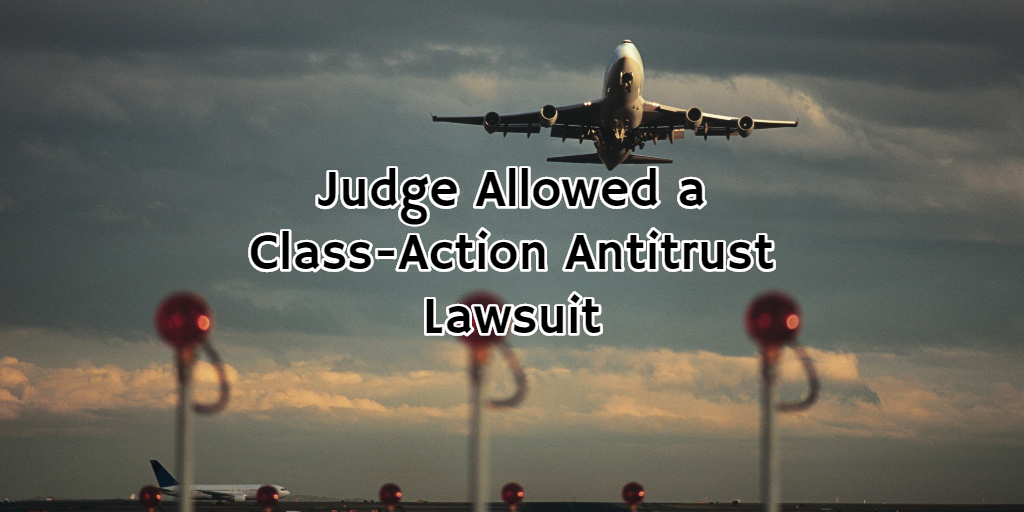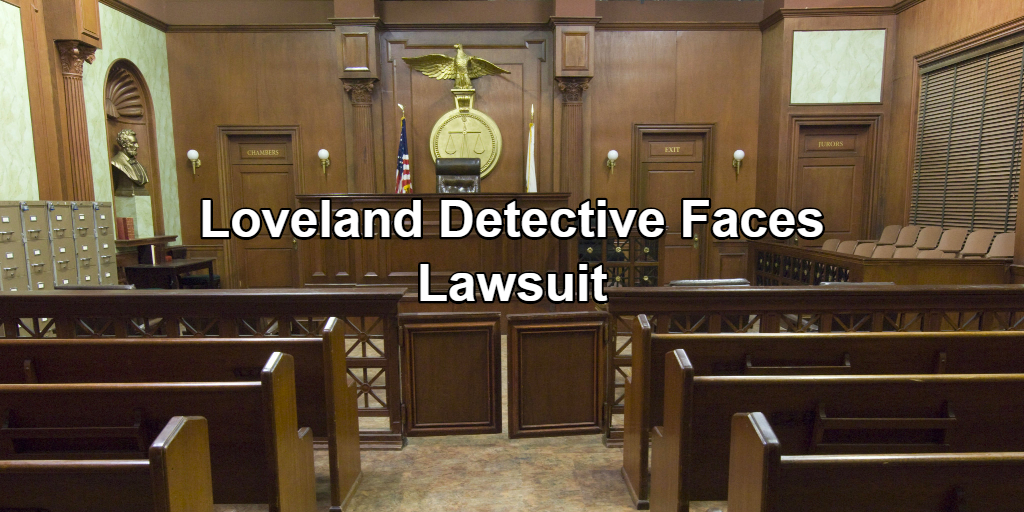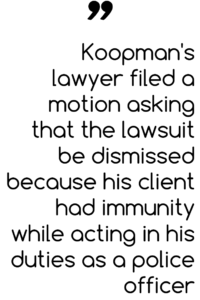A Missouri federal judge’s ruling in early December allows 32 women alleging serious and permanent injury from Essure Permanent Birth Control to move forward with their lawsuit against Bayer, in spite of the pharmaceutical giant’s attempts to get the case dismissed.
Essure Permanent Birth Control was first approved by the FDA in 2002 and–according to Bayer–is nearly 100 percent successful at preventing pregnancy. Doctors implant a tiny, flexible steel coil in both of the patient’s fallopian tubes, after which, scar tissue builds up, preventing sperm from reaching the egg. Women have historically chosen the birth control because they believed it to be affordable, non-invasive, and effective.
Despite these claims, thousands of women in recent years have reported serious complications–including chronic pain and autoimmune disorders–linked to Essure. According to a New York Times article in November 2016, officials at Bayer are placing the blame for Essure complications on poor surgical skills. In response to the complaints of chronic pain and autoimmune disorders, Bayer Vice President for U.S. medical affairs, Dr. Edio Zampaglione, stated, “These are so common to women.” The article also noted 10,000 reports of injuries and pregnancies related to Essure, as well as a small number of fatalities.
The FDA does not agree that Essure complications should be blamed on poor surgical skills.
In March 2016 the FDA required a black box warning be added and more safety studies be done on the device. The FDA has also taken the unprecedented step of assisting Bayer in creating a risk checklist to be shared and discussed with patients considering the device. This lengthy checklist includes space for the patient to initial each of five sections and includes a line for both the patient and the doctor to sign. While at this point doctors are not being required to share the checklist with patients, they are being strongly encouraged to share the information.
Critics warn that an optional checklist is not sufficient to protect women from the devastating consequences of using Essure Permanent Birth Control. Some attorneys are strongly urging women not to sign the checklist. Regardless, the Missouri ruling is expected to pave the way for future claims against Bayer from women who have been adversely affected by the device.








 other add-on flier services also contributed to the windfall.
other add-on flier services also contributed to the windfall.
 in fact meth.
in fact meth.
 agencies.
agencies. 
